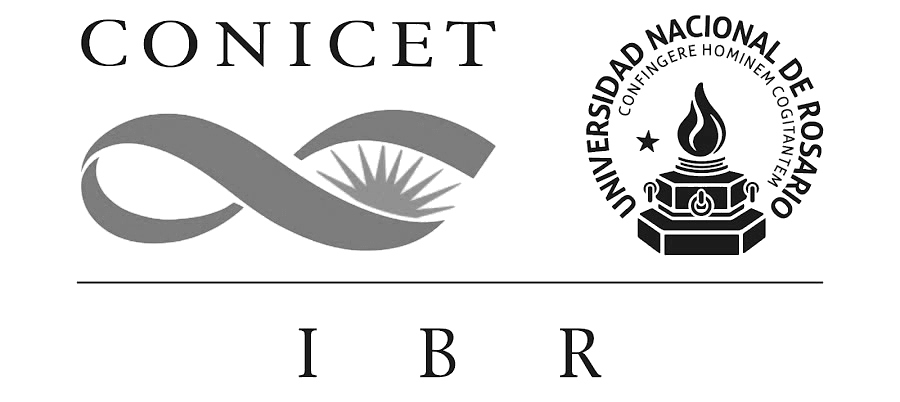Víctor Blancato es Licenciado en Biotecnología de la Facultad de Bioquímica y Ciencias Biológicas de la Universidad Nacional del Litoral; completó su doctorado en Ciencias Biológicas de la Facultad de Ciencias Bioquímicas y Farmacéuticas (FBIOyF) de la Universidad Nacional de Rosario en el Instituto de Biología Celular y Molecular de Rosario bajo la dirección del Dr. Christian Magni. Realizó estadías de investigación en la Universidad de Groningen (Países Bajos), en el laboratorio MICALIS (INRA-AgroParisTech, Francia), en la Universidad de Florida (Estados Unidos) y en la Universidad de Caen Normandia (Francia). Actualmente es Jefe de Trabajos Prácticos de la FBIOyF e investigador Independiente de CONICET, desempeñándose como Director de Proyecto en el Laboratorio de Fisiología y Genética de Bacterias Lácticas (IBR). Ha participado en el desarrollo de bacterias lácticas para la producción de biofármacos y vacunas. Aplica técnicas genómicas y metagenómicas para evaluar el impacto de bacterias lácticas que produzcan enzimas recombinantes como tecnología para suplementar o inocular ensilados destinados a nutrición ganadera. Además, mediante un enfoque bioinformático, selecciona probables factores de virulencia de microorganismos presentes en alimentos para realizar análisis de virulencia comparada utilizando como modelo el insecto Galleria mellonella, estudiar los mecanismos de virulencia y regulación involucrados.
NUESTRO EQUIPO
Mini Bio

Blancato, Víctor
Director de Proyecto, Investigador Independiente
Sede CCT Rosario
Ocampo y Esmeralda, Predio CONICET-Rosario
2000 Rosario, Santa Fe, Argentina
Tel. 54-341-4237070 / 4237500 / 4237200
Sede Facultad de Ciencias Bioquímicas y Farmacéuticas
Universidad Nacional de Rosario - Suipacha 531
2000 Rosario, Santa Fe, Argentina
Tel. +54 341 4350596 / 4350661 / 4351235
© 2025 IBR. Created for free using WordPress and
Colibri

